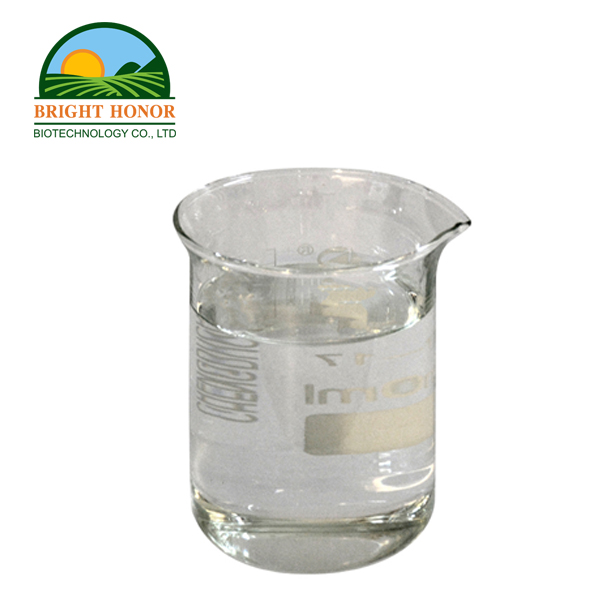Harness the Power of Potassium Phosphite: An Environmentally Friendly Pest Control Solution
Introduction:
Potassium phosphite, an effective and environmentally friendly alternative to traditional pesticides, has gained recognition for its ability to reduce chemical dependency while providing excellent disease resistance. Also known as induced systemic disease resistance, this broad biological control method has shown promising results in combating various plant diseases caused by oomycetes. This article explores the many benefits of potassium phosphite and its effectiveness in preventing and controlling diseases in a wide range of plants, from flowers to fruit trees and vegetables.
Reduced Pesticide Dependency:
Potassium phosphite offers an excellent solution for reducing reliance on chemical pesticides. By incorporating this natural compound into plant protection practices, farmers and gardeners can significantly reduce their use of conventional pesticides without compromising on disease control. This results in healthier plants, minimal environmental impact, and reduced pesticide residues on crops.
Environmentally Friendly:
One of the key advantages of potassium phosphite is its environmentally friendly nature. Unlike traditional pesticides that can harm beneficial insects, wildlife, and water systems, potassium phosphite poses no significant threats to the ecosystem. It breaks down naturally without leaving harmful residues in the environment, ensuring a safe and sustainable approach to pest control.
Induced Systemic Disease Resistance:
Potassium phosphite is a powerful inducer of induced systemic disease resistance (ISDR). This acquired systemic resistance technique enhances plants’ natural defense mechanisms, making them more resistant to diseases caused by oomycetes, such as dew fungus, dew blight, and pythium. The application of potassium phosphite triggers a cascade of plant responses, improving disease resistance at the molecular level and resulting in healthier, disease-resistant plants.
Effective Disease Control:
Numerous studies have confirmed the positive impact of potassium phosphite in disease prevention and control. It has proven highly effective in combatting diseases in flowers like gerbera, lily, orchid, tiger head orchid, and oncidium. Fruit trees including kumquats, citrus, papaya, and avocado seedlings have also benefited from potassium phosphite treatments against blights and fungal infections. Additionally, vegetables such as peppers, sweet peppers, tomatoes, potatoes, lettuce, and cruciferous plants have experienced significant control over late blight, dew fungus, and clematis seedling rot.
Conclusion:
Potassium phosphite presents a powerful and environmentally friendly solution for disease control in various plants. By significantly reducing pesticide usage without leaving harmful residues, this natural compound promotes ecological balance and sustainable agriculture. Its ability to induce systemic disease resistance ensures plants develop strong defenses against oomycete-related diseases, resulting in healthier and more productive crops. Whether you are a gardener, farmer, or horticulturist, incorporating potassium phosphite into your pest management routine can lead to improved plant health and reduced environmental impact. Embrace the benefits of potassium phosphite and witness the remarkable transformation in your plants today.

